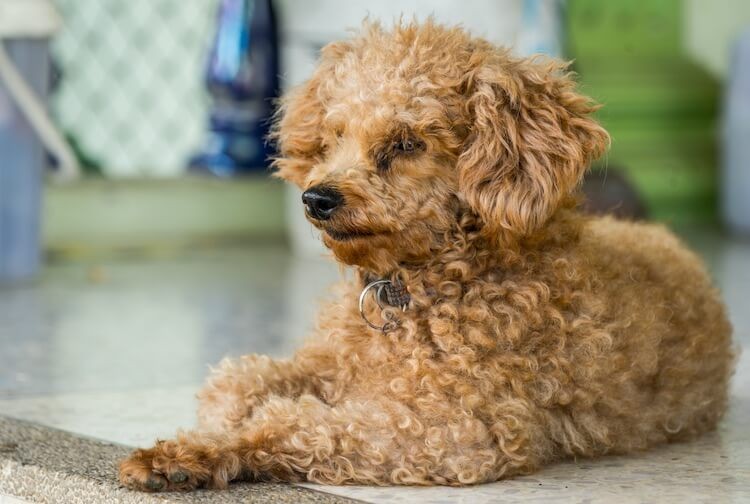
The Corgipoo, a designer hybrid resulting from crossing a Pembroke Welsh Corgi with a Miniature/Toy Poodle, has gained significant popularity since its emergence post-World War II. This small-statured companion dog typically stands 10-15 inches tall and weighs between 12-30 pounds. Known for its intelligence, playfulness, and adaptability, the Corgipoo inherits distinctive physical and behavioral traits from both parent breeds. While the exact origins remain unclear, this mixed breed has established itself as an ideal family pet, particularly suited for apartment living and homes with children. The Corgipoo's coat can vary significantly, often displaying a blend of both parent breeds' characteristics.
Health Concerns and Dietary Needs
Specific Health Issues
While earlier sections covered common health problems, Corgipoos are also specifically vulnerable to Addison's Disease and Legg-Calvé Perthes Disease. Addison's Disease affects the adrenal glands' hormone production and requires lifelong medication. Legg-Calvé Perthes Disease impacts the hip joint and may need surgical intervention in severe cases.
Nutrition Requirements
The Corgipoo requires approximately one cup of high-quality food daily to maintain their active lifestyle while preventing obesity. Supplements containing chondroitin and glucosamine are recommended due to their short-legged structure. Human food should be avoided to prevent weight gain and potential health issues. Their tendency to become overweight necessitates careful portion control and regular monitoring of food intake.
Physical Characteristics and Appearance
Size and Structure
The Corgipoo typically stands between 10-15 inches tall, inheriting its compact size from both parent breeds. Their weight can vary significantly but generally ranges between 10-30 pounds. The breed features a round head with a black muzzle and a sturdy, well-built body despite their small stature. Their tail appearance varies, potentially inheriting either the Corgi's characteristic stumpy rear or the Poodle's longer, elegant tail.
Coat Variations and Colors
The breed displays diverse coat characteristics, combining traits from both parent breeds. Their dense double coat can range from the Corgi's short, thick fur to the Poodle's curly texture. Color variations are extensive, including brown, red, gray, black, apricot, and fawn. The coat's texture typically features a wooly, soft inner layer with a noticeable curl in the outer coat.
Temperament and Personality
Intelligence and Training Adaptability
The Corgipoo exhibits high intelligence and quick learning capabilities, making them adaptable to training. While they respond well to positive reinforcement, they may display occasional stubbornness inherited from their Corgi lineage. Early training and socialization are essential for developing good manners and favorable behaviors.
Social Characteristics
These dogs demonstrate exceptional sociability and loyalty toward their families. They maintain a playful, high-spirited nature and thrive on human companionship. While they interact well with children and other pets, supervision is recommended during initial interactions. Their friendly disposition makes them poor guard dogs, but excellent family companions.
Conclusion
The Corgipoo emerges as a delightful mixed breed that combines the best traits of both Corgis and Poodles. This intelligent, sociable dog typically stands 10-15 inches tall and weighs between 10-30 pounds, featuring a diverse range of coat colors and textures. While they make excellent family companions due to their friendly temperament and high trainability, they do require careful health monitoring, particularly for conditions like Addison's Disease and Legg-Calvé Perthes Disease.
For prospective Corgipoo owners, understanding their specific needs is crucial for successful pet ownership. Their dietary requirements must be carefully managed to prevent obesity, with approximately one cup of high-quality food daily and proper supplements. Their high intelligence demands consistent training and socialization, while their affectionate nature makes them ideal for families seeking a loyal, adaptable companion. Regular veterinary check-ups and maintaining a balanced diet will help ensure a healthy, happy life for this mixed breed.